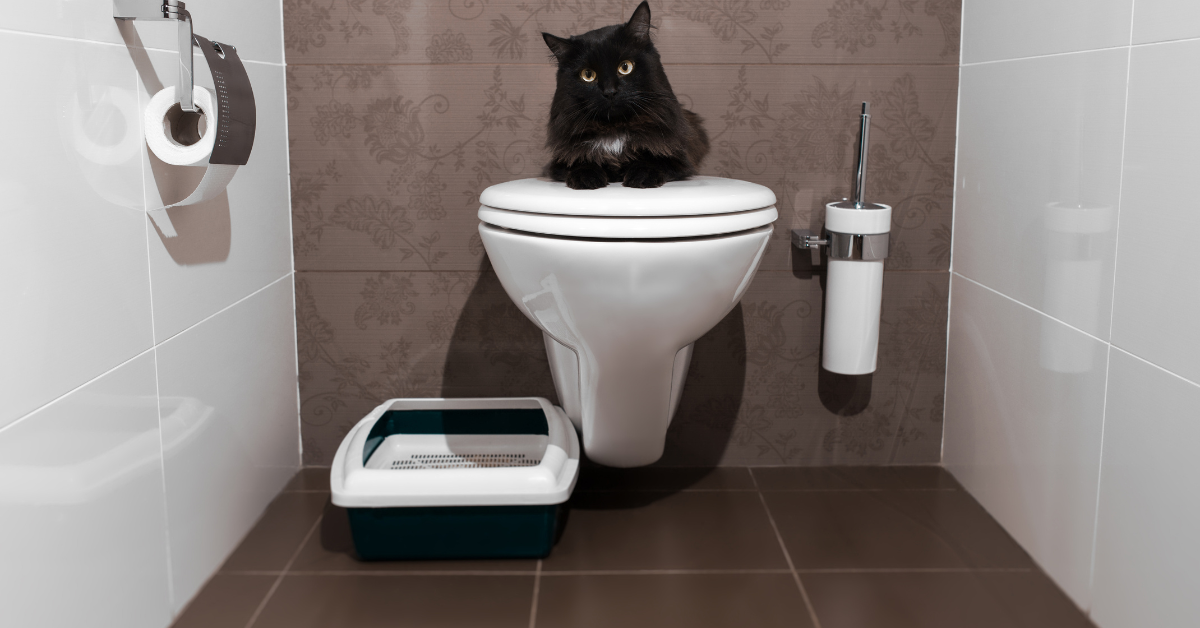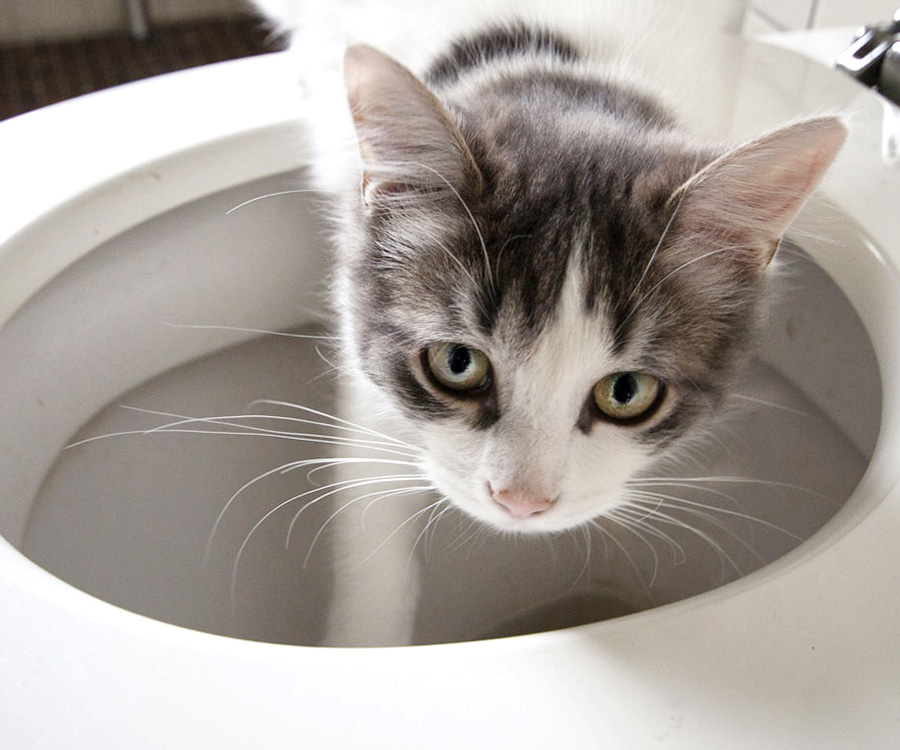Potential Risks of Flushing Cat Poop Down Your Toilet - Tips for Better Disposal
Potential Risks of Flushing Cat Poop Down Your Toilet - Tips for Better Disposal
Blog Article
This post listed below in relation to Don’t flush cat feces down the toilet is highly captivating. Read it for yourself and decide what you think about it.

Intro
As pet cat proprietors, it's vital to be mindful of how we take care of our feline good friends' waste. While it might seem practical to purge cat poop down the bathroom, this technique can have damaging effects for both the setting and human wellness.
Environmental Impact
Purging pet cat poop presents hazardous pathogens and bloodsuckers into the water, positioning a considerable danger to marine ecological communities. These pollutants can negatively influence marine life and compromise water quality.
Wellness Risks
Along with ecological issues, purging cat waste can also position wellness dangers to humans. Pet cat feces may consist of Toxoplasma gondii, a parasite that can create toxoplasmosis-- a possibly extreme illness, specifically for expecting women and individuals with weakened body immune systems.
Alternatives to Flushing
Fortunately, there are more secure and much more accountable means to throw away pet cat poop. Think about the following alternatives:
1. Scoop and Dispose in Trash
The most typical method of taking care of feline poop is to scoop it right into a biodegradable bag and toss it in the trash. Make sure to make use of a committed litter scoop and get rid of the waste immediately.
2. Use Biodegradable Litter
Opt for naturally degradable feline trash made from products such as corn or wheat. These trashes are environmentally friendly and can be securely disposed of in the trash.
3. Hide in the Yard
If you have a backyard, take into consideration hiding cat waste in a designated area far from vegetable gardens and water sources. Be sure to dig deep enough to avoid contamination of groundwater.
4. Set Up a Pet Waste Disposal System
Buy a pet dog waste disposal system especially designed for cat waste. These systems utilize enzymes to break down the waste, decreasing odor and environmental effect.
Verdict
Responsible pet possession expands beyond giving food and shelter-- it also entails proper waste monitoring. By refraining from flushing feline poop down the toilet and choosing alternate disposal methods, we can decrease our environmental footprint and shield human health and wellness.
Why You Should Never Flush Cat Poop Down the Toilet
A rose by any other name might smell as sweet, but not all poop is created equal. Toilets, and our sewage systems, are designed for human excrement, not animal waste. It might seem like it couldn’t hurt to toss cat feces into the loo, but it’s not a good idea to flush cat poop in the toilet.
First and foremost, assuming your cat uses a litter box, any waste is going to have litter on it. And even the smallest amount of litter can wreak havoc on plumbing.
Over time, small amounts build up, filling up your septic system. Most litter sold today is clumping; it is made from a type of clay that hardens when it gets wet. Ever tried to scrape old clumps from the bottom of a litter box? You know just how cement-hard it can get!
Now imagine just a small clump of that stuck in your pipes. A simple de-clogger like Drano isn’t going to cut it. And that means it’s going to cost you big time to fix it.
Parasitic Contamination
Believe it or not, your healthy kitty may be harboring a nasty parasite. Only cats excrete Toxoplasma in their feces. Yet it rarely causes serious health issues in the cats that are infected. Most people will be fine too if infected. Only pregnant women and people with compromised immune systems are at risk. (If you’ve ever heard how women who are expecting are excused from litter cleaning duty, Toxoplasma is why.)
But other animals may have a problem if infected with the parasite. And human water treatment systems aren’t designed to handle it. As a result, the systems don’t remove the parasite before discharging wastewater into local waterways. Fish, shellfish, and other marine life — otters in particular — are susceptible to toxoplasma. If exposed, most will end up with brain damage and many will die.
Depending on the species of fish, they may end up on someone’s fish hook and, ultimately on someone’s dinner plate. If that someone has a chronic illness, they’re at risk.
Skip the Toilet Training
We know there are folks out there who like to toilet train their cats. And we give them props, it takes a lot of work. But thanks to the toxoplasma, it’s not a good idea.

Do you like reading up on How to Dispose of Cat Poop and Litter Without Plastic Bags? Place feedback down below. We'd be delighted to see your feelings about this write up. In hopes that you come back again in the near future. Are you aware of anybody else who is interested in the niche? Do not hesitate to promote it. Thank you so much for taking the time to read it.
Schedule Services Report this page